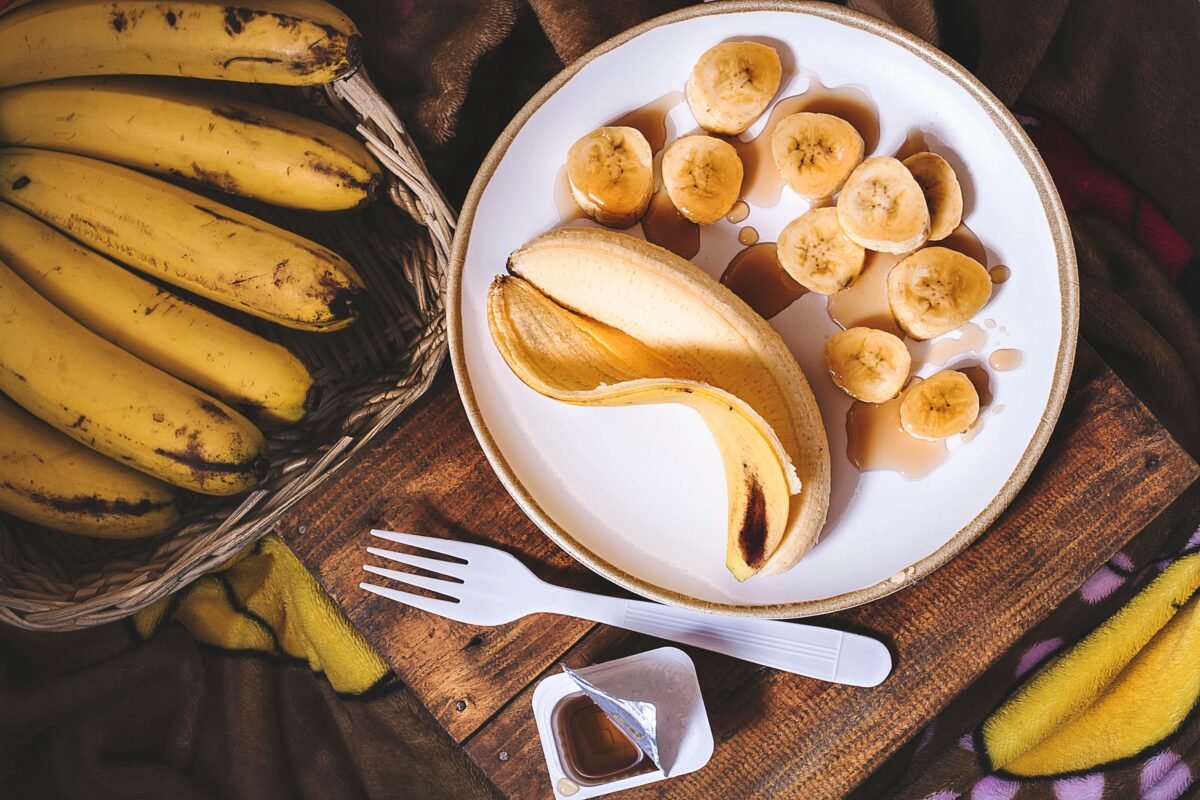NUTRITION AND DIET
Unlocking Potassium Benefits: Expert-Approved Foods for a Healthier You
Potassium, labeled a “nutrient of concern,” is often deficient in the American diet. While essential for various bodily functions, many processed foods lack this vital mineral. Bridging the gap through potassium-rich foods not only improves health but also adds a flavorful touch to your meals. Here, experts shed light on the significance of potassium and unveil a list of top foods to effortlessly incorporate into your daily diet.
Understanding Potassium: Potassium, a crucial mineral, plays a pivotal role in functions like heart rhythm regulation and fluid balance. With our bodies unable to produce it independently, the primary source is the food we consume. Unfortunately, modern diets, filled with processed foods, often fall short, leading to potential side effects such as malaise, muscle weakness, and abnormal heart rhythms. To maintain optimal health, women and men are advised to consume approximately 2,600 mg and 3,400 mg of potassium daily, respectively.
Key Roles of Potassium:
- Heart Protection: While high-sodium diets elevate blood pressure, potassium counteracts this effect, relaxing blood vessels and aiding sodium excretion. Increasing potassium intake has shown to lower blood pressure and reduce the need for hypertensive medications.
- Osteoporosis Prevention: Potassium-rich foods help retain calcium in the body, contributing to improved bone density. As we age, this becomes crucial, especially for women who may experience a significant loss in bone density post-menopause.
- Dehydration Prevention: Potassium plays a vital role in maintaining fluid balance. Its presence helps prevent dehydration and related issues like edema by ensuring water stays within cells.
- Muscle Cramp Prevention: Adequate potassium supports proper muscle function, preventing fatigue, weakness, and cramping during physical activities.
- Nerve Function Enhancement: Vital for the nervous system, potassium facilitates nerve impulses that regulate heartbeats, reflexes, and movement. Deficiency can lead to symptoms like tingling and numbness.
Top 10 Potassium-Rich Foods:
- Leafy Greens: Spinach and kale provide a potassium boost (334 mg in 2 cups of raw spinach or 300 mg in 1 cup of kale) alongside numerous health benefits such as cancer protection and inflammation reduction.
- Oily Fish: Salmon, sardines, and halibut not only offer potassium (365 mg in a can of sardines or 416 mg in a 3 oz-serving of salmon) but also provide omega-3 fatty acids and vitamin D for heart health and bone strength.
- Tomatoes and Tomato Sauce: Beyond potassium (237 mg in raw tomatoes or 1,010 mg in 1/2 cup of tomato paste), tomatoes offer cholesterol-lowering benefits due to beta-carotene and lycopene.
- Bananas: A classic potassium source, one medium banana contains approximately 422 mg and comes with additional benefits like B vitamins, fiber, and dopamine for mood enhancement.
- Legumes: Beans, peas, and lentils are not only rich in potassium (ranging from 354 mg to 1,190 mg per serving) but also contribute to fullness, lower diabetes risk, and improved gut health.
- Yogurt: Offering 282 mg of potassium in a 7 oz. container, yogurt is a fermented food that supports gut health, blood sugar balance, and obesity prevention.
- Avocado: With 345 mg of potassium in half an avocado, this nutrient-packed fruit aids immunity, improves gut health, and helps manage weight.
- Beets: Providing 266 mg of potassium, beets offer antioxidants for DNA repair, anti-inflammatory properties, and lower blood pressure.
- Dried Fruit: Raisins, prunes, and dried apricots are potassium-rich options (ranging from 618 mg to 755 mg per 1/2 cup) linked to reduced back pain and a healthier diet.
- Nuts and Seeds: Cashews, pumpkin seeds, and almonds offer convenient potassium-rich snacks (ranging from 187 mg to 261 mg per ounce).
Conclusion: Prioritizing potassium-rich foods in your diet not only addresses deficiencies but also brings a myriad of health benefits. From heart protection to bone density support, these foods are versatile, delicious, and essential for overall well-being. Experts emphasize the importance of embracing a food-first approach for potassium intake, making it easy to enhance your health through flavorful and nutritious choices.

